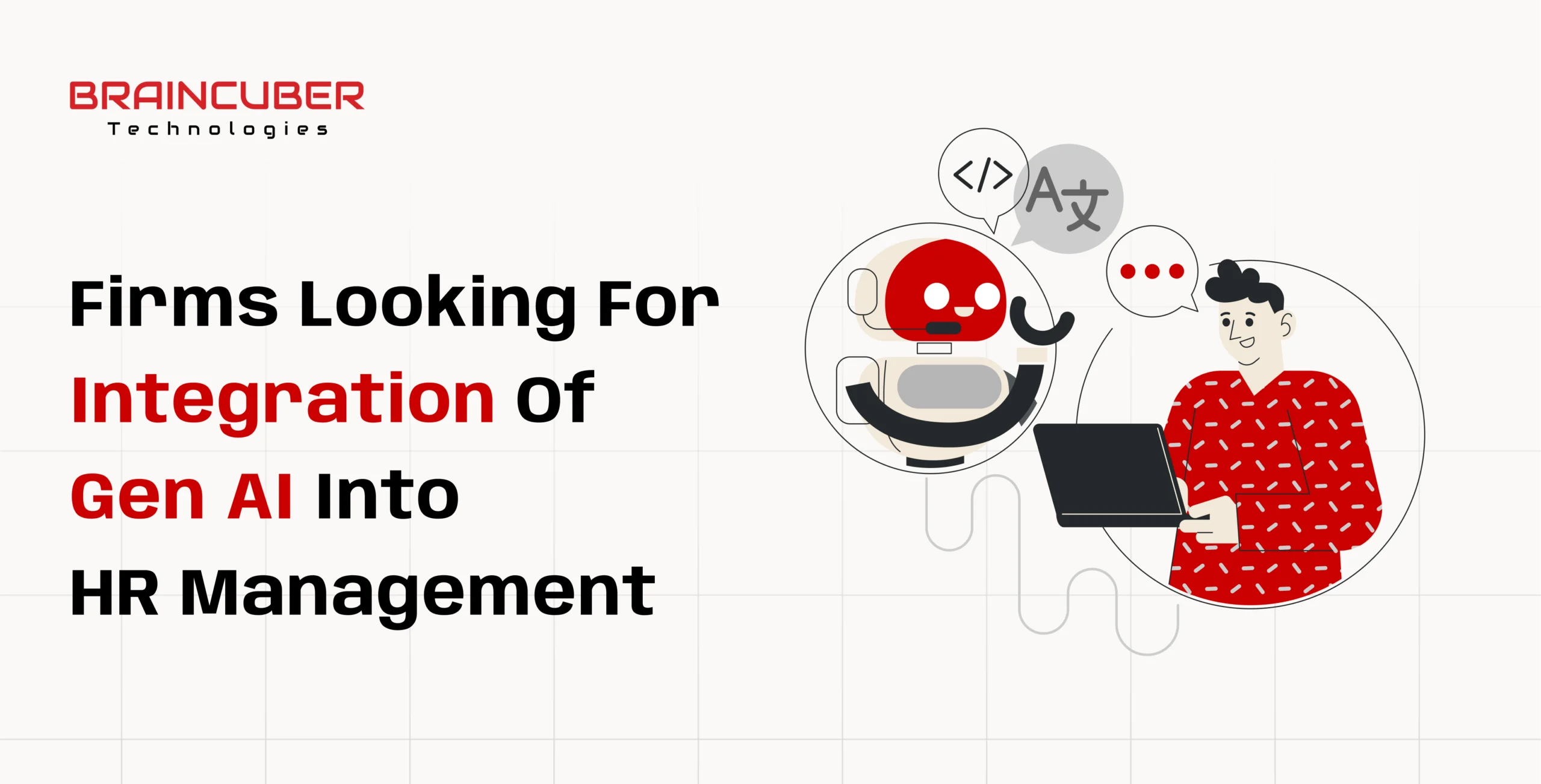Firms looking for integration of Gen AI into HR Management

The advent of Generative AI (Gen AI) in Human Resource Management is creating a paradigm shift, moving its practice from a traditional one to a modern, dynamic and highly employee-oriented architecture that emphasizes personalized experiences and data-based decisions. As the business environment continues to shift, organizations deepen their reliance on technology to survive economically, hence Gen Ai is reshaping recruitment practices, employee engagement, and the wider human resource management of organizations.
Gartner’s most recent research reveals that the deployment of AI tools in HR will enable recruiting to take up to two times less time and will also raise the quality of hires and employee satisfaction by 67% on average. These figures underline the extent to which Gen AI can be expected to revolutionize HR processes beyond the introduction of new technology to the automation of back office functions.
This potential is quite pronounced in recruitment as well where Gen AI eliminates the hassle of screening candidates and matching their vitae to the job descriptions within astoundingly high levels of precision. The time and effort needed to engage talent using AI tools is significantly minimized especially given that decisions on who to hire are supported by data and human bias is significantly reduced.
Apart from recruitment, Gen AI also improves employee engagement. While enhancing internal communications for instant responses within organizations, for example, AI-powered chatbots are being used to respond to employee queries and even assess the employee’s mood within the organization in real time. This leads to a much quicker turning around of the HR centre of the organization with the ability to handle employee issues and nurture a conducive atmosphere within the workplace.
We are looking at start-ups to roll out a smart interview assessment tool that will allow our talent teams to make enhanced decisions using AI-powered competencies assessments. Our Applicant Tracking System connects to the global-scored CVs of candidate applicants while airlifting the job roles filled with the individual’s highest scored CVs and most closely aligned to the job descriptions,” says Priya Tikare, Director & Head – HR, Lenovo India
In HR, Gen AI is mostly advantageous. However, attention must be paid to the risks where this technology is deployed. It is necessary to find the middle ground between dreaming and adapting. When it comes to using AI in recruitment practices, it is also about safeguarding employee privacy, and data security, and avoiding discrimination risks associated with biases in algorithms.
The crux of unlocking the full possibilities of Gen AI is enhancing the workforce capabilities and encouraging creative thinking. To ensure businesses move seamlessly into this new age of managing human resources, employees ought to be trained on how to work alongside machines that facilitate or undertake the majority of work processes.
The sophistication of the HR processes of the organizations increases when organizations adopt GenAI tools like Braincuber. These tools empower HR teams to optimize some of the processes by getting rid of tedious tasks improving the experience of the employees and utilizing data to eliminate annoyances, which, in turn, has enhanced operational efficiency and employee satisfaction. With more firms embracing such technologies, without a doubt, it can be anticipated that GenAI will play a bigger role in the gradual transformation of the practice of HR management in different organizations, making it possible for those organizations to outperform and outpace the present-day competition.




